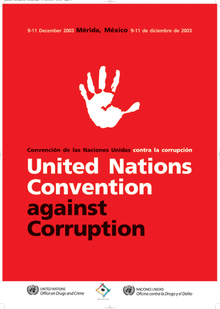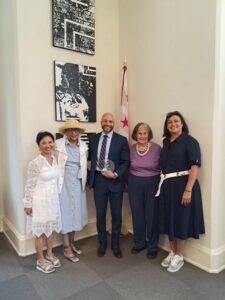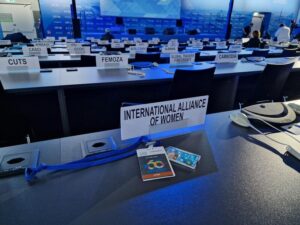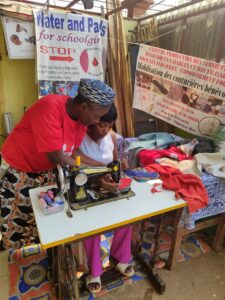
General : UNCAC entered into force in December 2005. Presently it counts 186 State Parties. It recognizes the importance of both preventive and punitive measures and addresses the cross-border nature of corruption. The UN Office on Drugs and Crime (UNODC) in Vienna serves as its Secretariat.
Interestingly the UNCAC does not define corruption as such. It rather lists and defines a series of offences that should be criminalised and covered by legal provisions, including bribery of national and foreign public officials and in the private sector, embezzlement, money laundering, concealment, and obstruction of justice. Concerning the agents of corrupt practices, UNCAC Art.2 uses a functional definition of the term “public official”, which covers anyone who holds a legislative, administrative, executive or judicial office, or performs a public function or provides a public service.
The UNCAC has eight chapters and 71 articles. Four chapters contain substantive provisions, such as preventive measures, criminalisation and law enforcement, international cooperation, and asset recovery. UNCAC Article 13 is of particular importance for civil society organisations (CSOs) as it highlights their important role. It is being debated by governments and is the basis for advocacy by the UNCAC Coalition (of civil society) and Transparency International.
Impressions from the NGO briefing held “on the margins” of the 10th resumed session of the Implementation Review Group (IRG) of the Convention, recently held in Vienna.
The IRG sessions are open to UNCAC signatory states and intergovernmental organisations. Civil society organisations have not been permitted to participate as observers, due to opposition from a small but influential group of countries. This is problematic and inconsistent with international human rights standards, Goal 16 of the Sustainable Development Goals and with transparency and participation standards in the Convention itself.
Government debates about the admission of CSOs as observers has led to a temporary compromise at the COSP4 (Conference of State Parties 4th session in Marrakesh in 2011), in which Governments agreed on a “briefing” for CSOs “on the margins” of the IRG meetings on the outcomes of the review process, including the technical assistance needs identified. Only CSOs admitted to participate as observers in the COSP previous to the briefing can attend and make oral and written statements. Exceptions can be made for CSOs with ECOSOC consultative status.
These briefings are widely considered to be an inadequate substitute for observer status and has been a subject for CSO advocacy.
Apart from the Briefing, CSOs are permitted to make written submissions to the IRG of up to 1500 words. However, these submissions may not contain evaluations of country implementation of UNCAC or focus on the conduct of the review in a single country.
Governments can object to specific NGOs attending the COSP, if the applicants do not have ECOSOC status. At the last COSP in 2017, two Hungarian NGOs were not accredited due to an objection from a government. The UNCAC Coalition and Transparency International has repeatedly criticised this non-objection approach, which lacks transparency as the objecting State Party remains anonymous.
For futher reading:
Growing Civic Space: UNCAC Coalition Statement to the 10th Session of the UNCAC Implementation Review Group Meeting.



